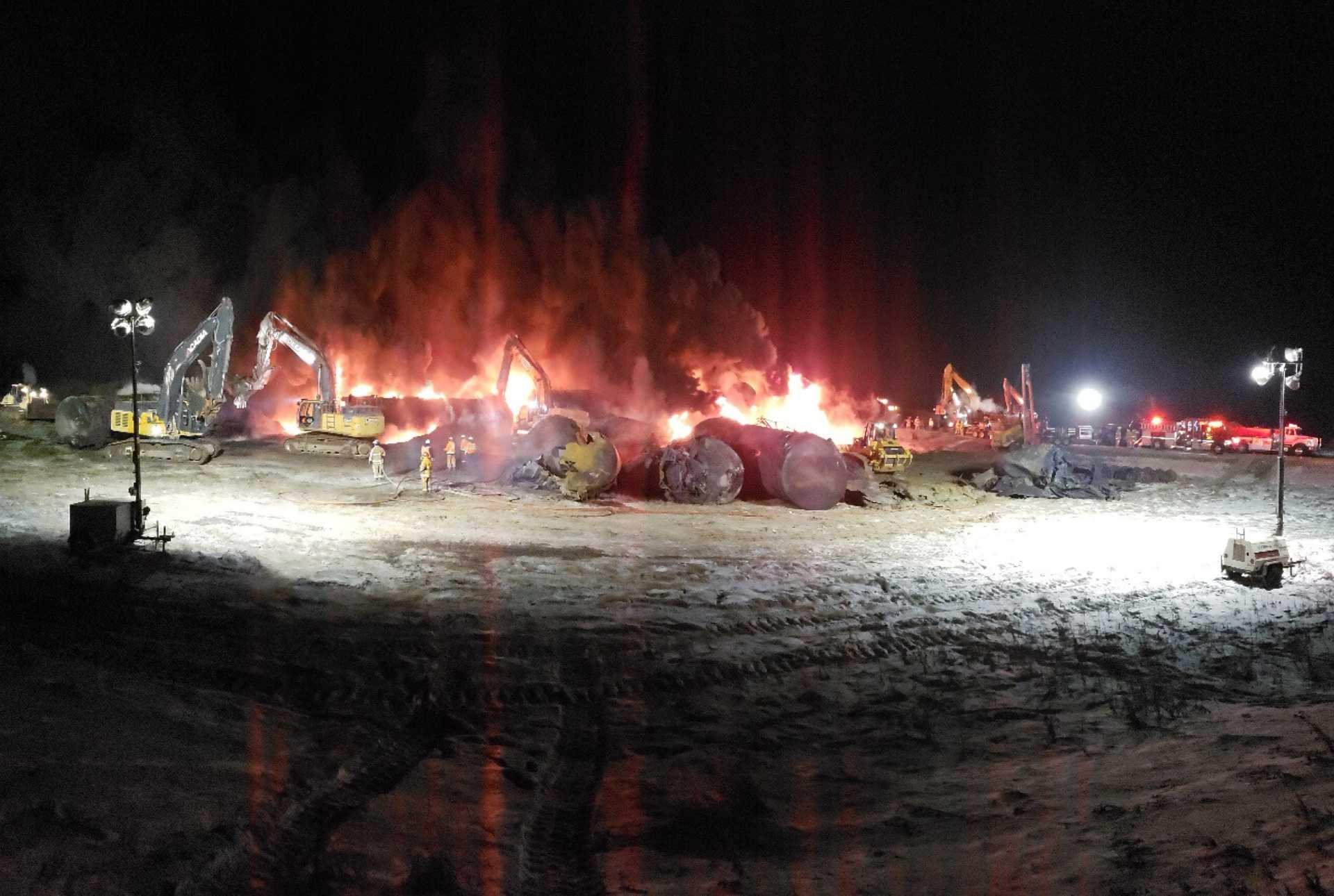Update on the 2019 Guernsey (Lanigan) derailment

Since the Fund’s creation in 2016, we have continued to monitor and follow up on railway accidents involving crude oil. So far, six are being monitored for any potential compensation-related ramifications. One of them is the 2019 Guernsey (Lanigan), Saskatchewan derailment.
The Transport Safety Board (TSB) of Canada recently completed their investigation on this derailment. The full report can be found here:
TSB’s report on the derailment:
The Investigator-in-charge at TSB has reported that the incident was suspected to have been caused by an undetected broken rail.
Effects of the accident on the Fund:
The damage caused by the accident is below the insurance amount that the railway company must carry. Therefore, the Fund will not be activated.
However, we continue to monitor until the six-year time limit for claiming against the railway company has expired.
Summary of the accident (based on the TSB):
On December 9, 2019, a Canadian Pacific Railway (CP)[1] crude oil train experienced a train-initiated emergency brake application near Guernsey, Saskatchewan. The train was destined for Stroud, Oklahoma, and the emergency resulted in 33 tank cars carrying crude oil becoming derailed. About 20 of the tank cars leaked 1.77 million litres of crude oil. It also started a large blaze which burned for around one day. No injuries or casualties were reported. Since then, Transport Canada issued ministerial orders instructing railways to strengthen track inspection practices and to reduce speeds for trains carrying certain goods. Additionally, CP has implemented new safety measures including a wayside system for detecting rail breaks in non-signaled territory, an increase in its number of autonomous track geometry measuring systems and an upgrade to the Sutherland Subdivision track infrastructure. |
Other references:
www.tsb.gc.ca/eng/medias-media/communiques/rail/2023/r19w0320-20231005.html
[1] The company is now named CPKC.
